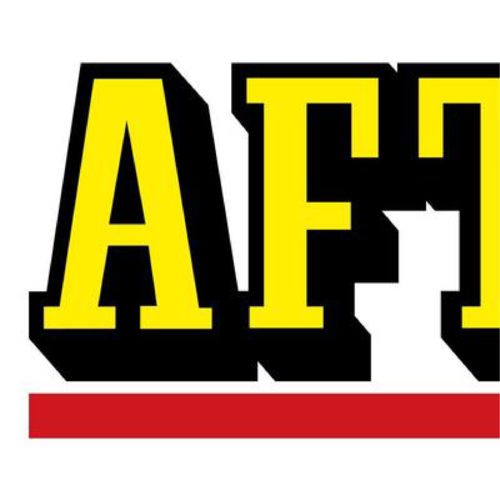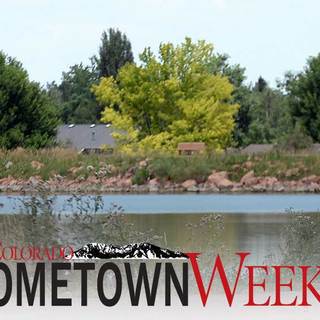A judge has dismissed Justin Baldoni’s $400 million lawsuit against Blake Lively. The ruling also clears her husband, Ryan Reynolds and The New York Times of defamation and extortion claims.
The decision marks a significant legal win for Lively, who has been in a high-profile dispute with her “It Ends With Us” costar since late 2024.
Legal battle began with harassment claim
The legal feud began in December 2024 when Lively accused Baldoni of sexual harassment. She claimed he orchestrated a smear campaign during their work on the film adaptation of “It Ends With Us.”
In response, Baldoni filed a $250 million lawsuit against The New York Times at the end of December. He alleged the outlet’s exclusive article about Lively’s complaint was misleading and accused the paper of “deliberately splicing” communications and texts to sway readers.
Baldoni expanded the lawsuit to include Lively and Reynolds
In January, Baldoni followed up with a countersuit against Lively and Reynolds. He accused the couple of defamation and extortion.
Baldoni’s legal team submitted text messages and previously unreleased behind-the-scenes footage from the movie set in an attempt to support the claims.
Judge rules statements were not malice
On Monday, June 9, court documents revealed that a judge ruled Baldoni’s team failed to show the accused parties acted with defamation-level intent.
As for the Times, Judge Lewis J. Liman’s opinion read, “The alleged facts indicate that the Times reviewed the available evidence and reported, perhaps in a dramatized manner, what it believed to have happened. The Times had no obvious motive to favor Lively’s version of events.”
The opinion also read there wasn’t enough evidence to show that Reynolds, Lively and other parties knew their statements were false or seriously doubted their truth.
“The Wayfarer Parties have not alleged that Reynolds, Sloane or the Times would have seriously doubted these statements were true based on the information available to them, as is required for them to be liable for defamation under applicable law,” the ruling stated.
Lively’s team responds to dismissal
Lively’s representatives issued a statement to Deadline calling the ruling a vindication.
“As we have said from day one, this ‘$400 million’ lawsuit was a sham, and the Court saw right through it,” the statement read. “We look forward to the next round, which is seeking attorneys’ fees, treble damages and punitive damages against Baldoni, Sarowitz, Nathan and the other Wayfarer Parties who perpetrated this abusive litigation.”
Sources also told People she cried with relief after the dismissal, feeling “vindicated.”
Some claims may be refiled
The judge did allow Baldoni’s production company, Wayfarer Studios, and its parties to refile certain claims related to the case. They have until June 23.

























































































































































































































































